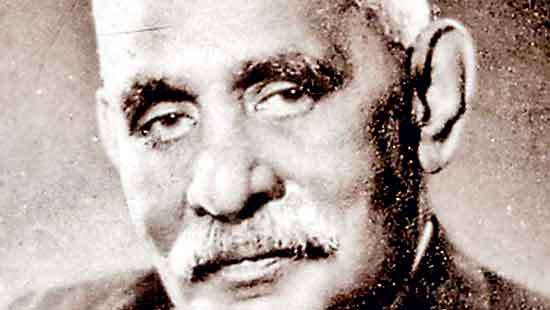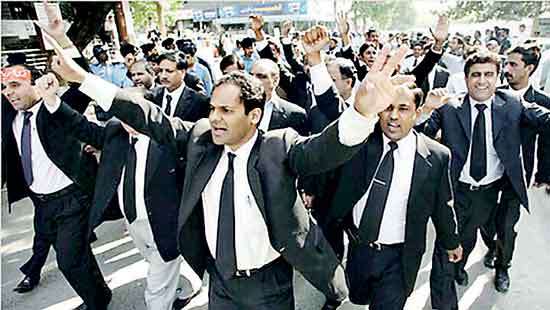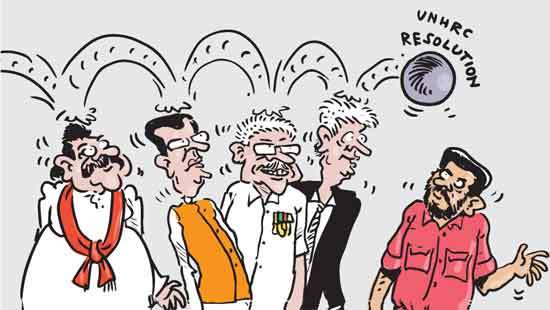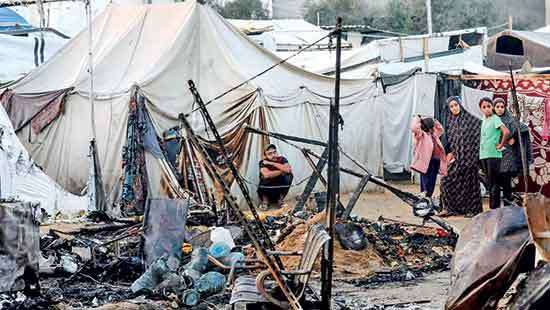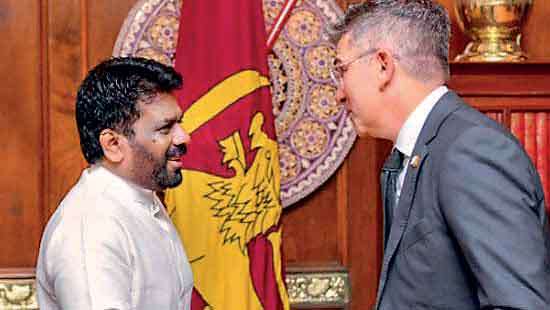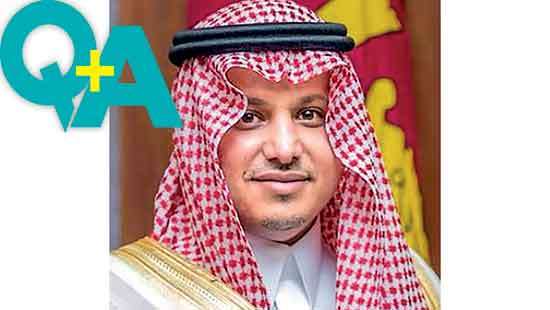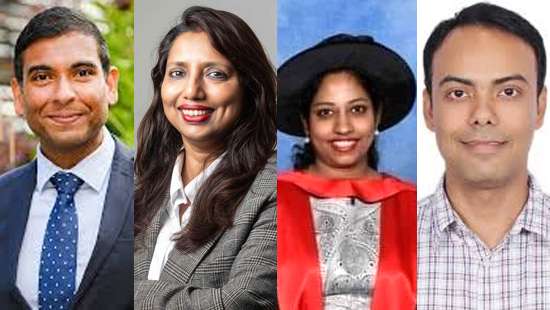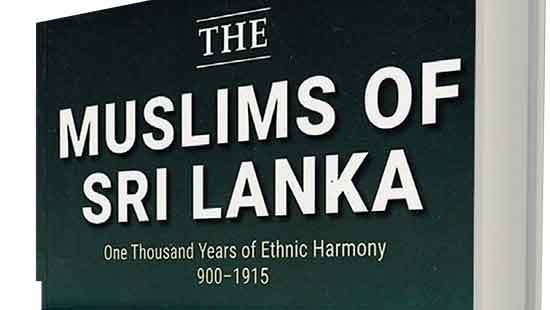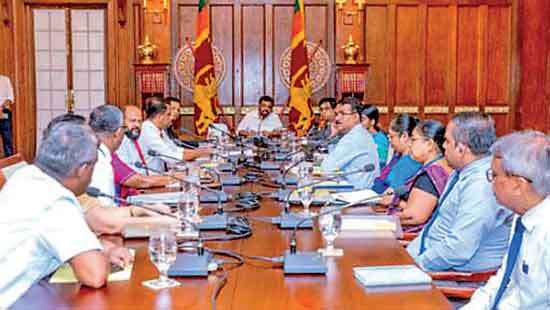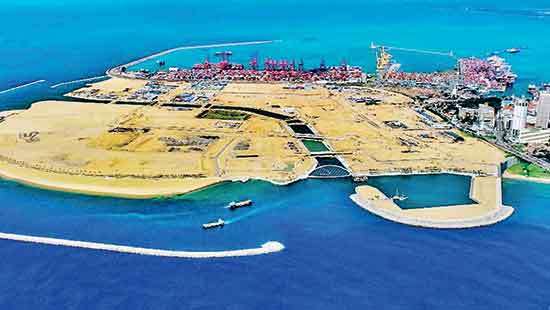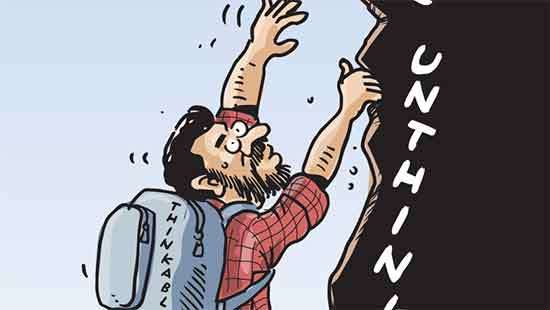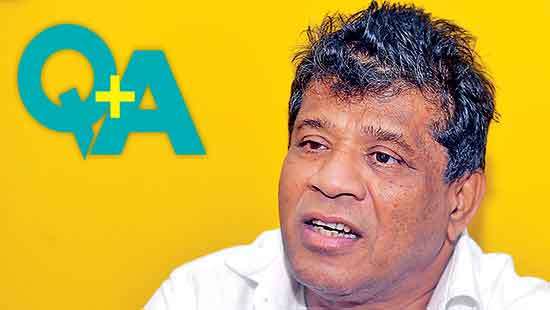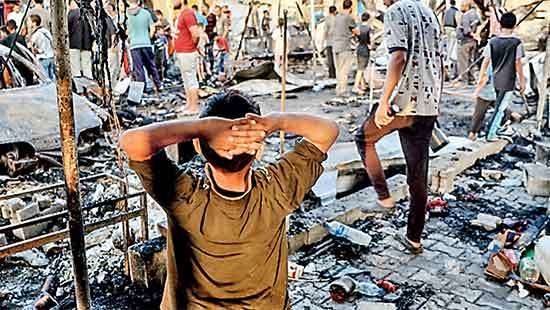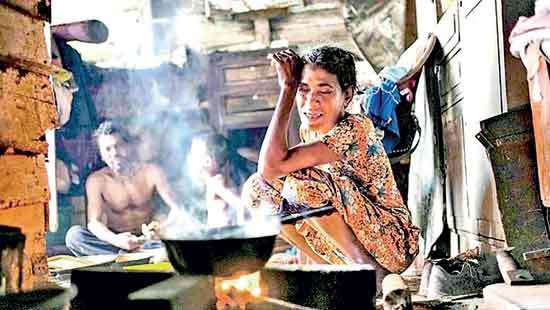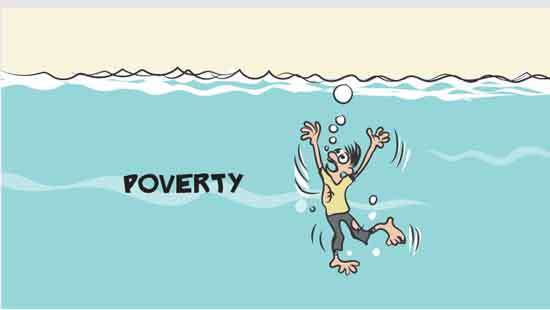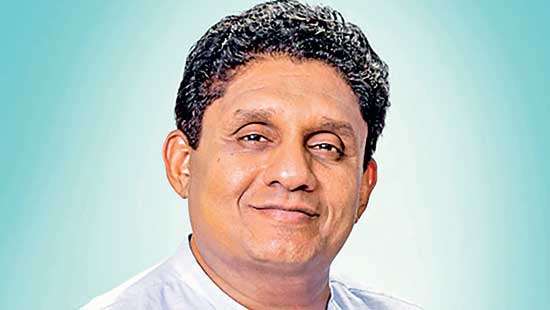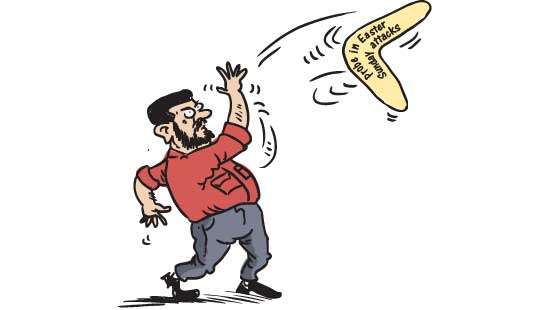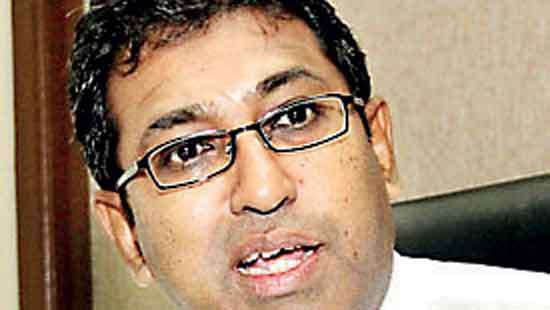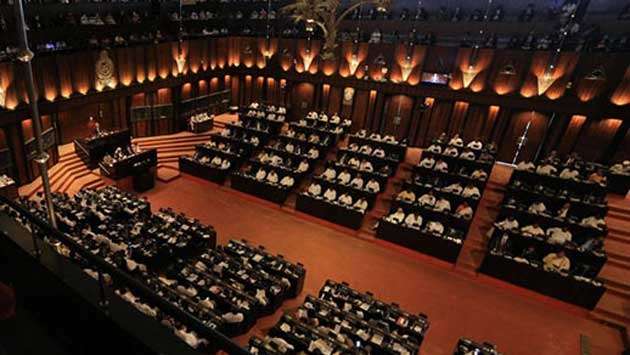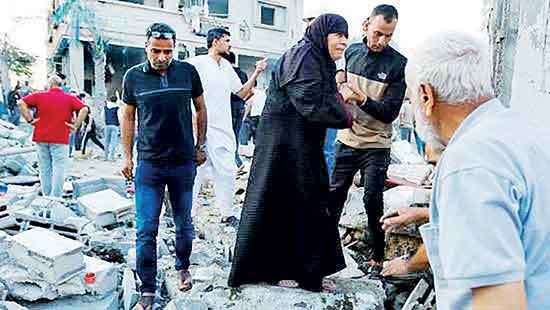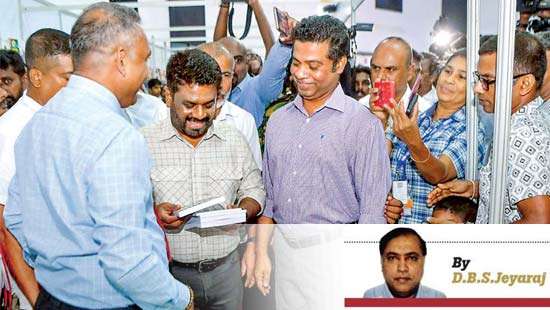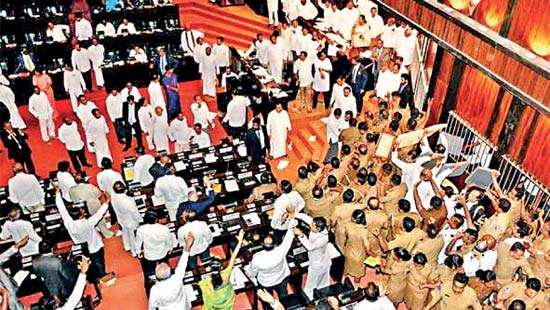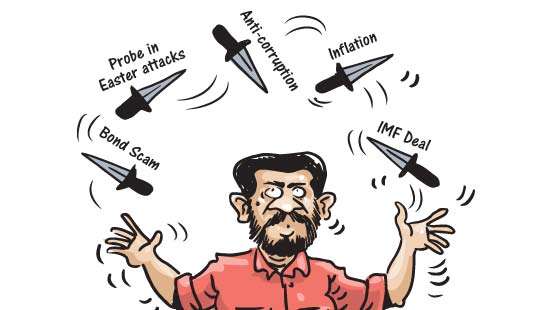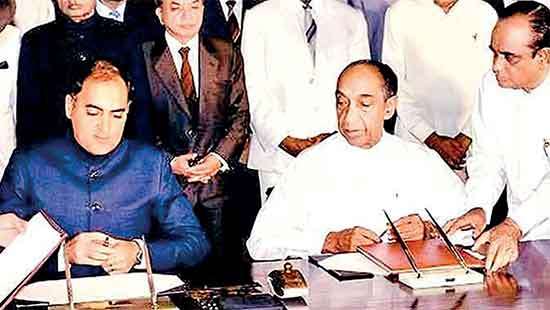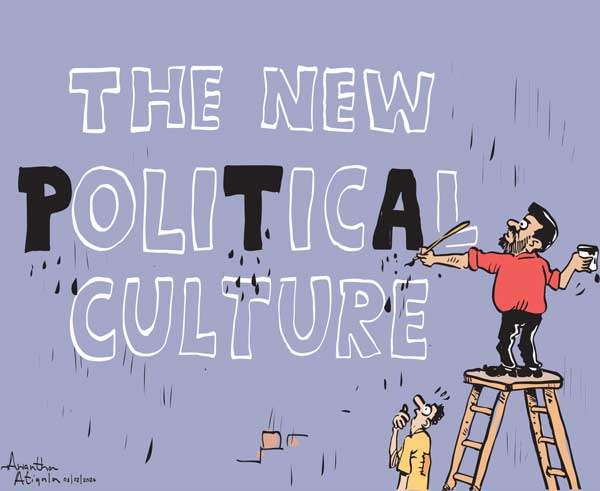Opinion
The never ending clash with the UNHRC- EDITORIAL
22 Oct 2024
 2
2
The new government of President Anura Kumara Dissanayake (AKD) is encountering or is going to encounter several dilemmas some of which threaten its very survival, despite the ruling National People’s Power (NPP) or the main constituent of it, Janatha Vimukthi Peramuna (JVP) having not been responsible for them.
World Bank’s Development Trap for Sri Lanka
21 Oct 2024
 0
0
The Western establishment has many ways to corner developing countries like Sri Lanka and set their economic trajectory in the interests of global capital. I have written extensively about the role of the IMF in trapping Sri Lanka with financialised commercial borrowing and austerity measures. In this column, I address the other powerful twin from Washington, the World Bank, and its economic policy-making role in Sri Lanka.
Conflicting reports and Lanka’s position re- sanctions on UNSG
21 Oct 2024
 0
0
Sri Lanka has always backed the cause of the State of Palestine and the Palestinian people. Whichever government was in power, unlike India which more recently has refrained from condemning Israel’s genocide in Palestine, Sri Lanka has been consistent in its support of Palestinian rights.
Sri Lanka, Saudi Arabia to boost trade, investments ties
21 Oct 2024
 0
0
Diplomatic relations between Saudi Arabia and Sri Lanka were established in 1974. Sri Lanka opened its Embassy in Jeddah in 1983 and later relocated to Riyadh in 1985. From 1977 to 1995, the Kingdom’s Embassy in New Delhi oversaw bilateral relations between the two nations, until Saudi Arabia opened its Embassy in Sri Lanka.
How Tertiary Education Institutes can Improve Student Engagement Levels in S. Asia?
19 Oct 2024
 0
0
In South Asian countries, many tertiary education institutions face challenges in maintaining and improving student engagement. The following document outlines strategies that these institutions can implement to enhance student engagement. The purpose of this article is to share the perspective of four prominent researchers on how to improve tertiary education levels with special reference to South Asian countries.
Dr. Lorna Dewaraja’s book ‘The Muslims of Sri Lanka’ Muslims’ role in Lankan politics and the magnanimity of Sinhala Kings
19 Oct 2024
 0
0
Sri Lanka’s history of peaceful relations that had existed between the Sinhalese and the Muslims, stands as a contrast against the mass destruction taking place in the Middle East in the name of ethnicity and religion.
NPP’s struggle against corruption
19 Oct 2024
 0
0
A record number of front-line politicians has opted out of the November 14 Parliamentary election. Despite over fifty MPs who represented the last Parliament having so evaded the directed contest at district level some of them are anticipating to enter the House through the National List of their respective parties or the parties where they finally took refuge in, on the eve of the September 21 Presidential election.
Is government mistaking the masses for asses
19 Oct 2024
 0
0
In the run-up to the presidential election of 21st September this year, the JVP/NPP political combine was at the forefront of highlighting the problems of the poorer sections of our country. It campaigned on a platform of anti-corruption and protecting the poor and disadvantaged.
Colombo Port City: A Persistent Albatross for Sri Lanka?
18 Oct 2024
 1
1
With the victory of Anura Kumara Dissanayake (AKD), Sri Lanka sees a ray of hope in eradicating corruption and increasing political accountability. The people of Sri Lanka are confident that it will be their interests that will be paramount for the new President.
Why AKD must achieve the unthinkable
18 Oct 2024
 4
4
Sri Lanka is now trying to walk on a straight line in terms of putting the country in order. Many moons ago and many governments before this, ambitious people who walked ‘crooked’ and disregarded ethics entered Parliament easily. Now we see the new government in place attempting the unthinkable; trying to reinvent a nation that many thought didn’t have a future.
“Never thought Sajith Premadasa would be a weak leader”– Ajith Mannapperuma
18 Oct 2024
 7
7
I have been working as the SJB Gampaha District organiser for 20 years. I served as the Mayor for seven years, four years as a provincial councilor and 12 years as a Member of Parliament from the Gampaha District
When the West’s moral decadence fuels Gaza war
18 Oct 2024
 0
0
With each passing day, the West Asian crisis is worsening and expanding. The crisis has the potential to engulf the entire region, resulting in disastrous consequences for all countries, particularly those struggling economically, such as Sri Lanka.
Poverty, the parent of revolution
17 Oct 2024
 0
0
Today is the International Day for the Eradication of Poverty, and it is significant that Sri Lanka has, for the first time, elected a president and government which – to paraphrase the legendary former United States President Abraham Lincoln – is a government of the poor, for the poor and by the poor.
Fresh breeze blowing o’er Lanka
16 Oct 2024
 0
0
One can hardly believe that our country is scarcely a month away from the date set apart for the general elections. Believe it or not, not a single cutout or bigger-than life-size picture of our really ugly, thieving politicians is smiling down on us from every nook and cranny in the city. Again, ‘we the public’ will happily miss the faces of many of our aging politicians who earlier never seemed ready to retire.
Why implement the 13th Amendment?
11 Oct 2024
 3
3
The 13th Amendment passed in July 1987 still remains as part of the Constitution, without being implemented fully in letter and spirit. Presently the Provincial Councils set up under this Act are themselves in abeyance as elections to these councils have not been held for the last 6 years.

CG Corp Global bets big on SL’s recovery and growth
11 Oct 2024
 3
3

CBSL further eases monetary policy stance
11 Oct 2024
 3
3

CBSL’s single policy interest rate mechanism comes into effect today
11 Oct 2024
 3
3

Sri Lanka Economic Summit in January 2025
11 Oct 2024
 3
3

Coconut cream in place of coconuts to address shortage
11 Oct 2024
 3
3

Police to use drones for monitoring traffic congestion in Colombo
11 Oct 2024
 3
3


